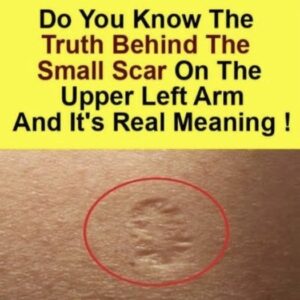Alan Dershowitz, who once represented Jeffrey Epstein, pushed back against accusations that the Trump administration is hiding secret materials tied to the Epstein case. According to him, there is no “client list” at all — only redacted FBI affidavits containing accusations from victims, with names blacked out under judicial orders. He stated that none of the individuals referenced are currently in public office and emphasized that two judges in Manhattan, not federal officials, control what remains sealed. He added that the restrictions are meant to protect accusers, and that he is legally barred from revealing what he learned while defending Epstein.
Dershowitz also noted that most names tied to Epstein have already appeared in news articles and books, arguing that the idea of a hidden list has been exaggerated. His comments came as two federal judges — one in Florida and one in New York — rejected requests to unseal additional documents, including grand jury transcripts from the original investigation. Those proceedings date back to 2005 and 2007, when Epstein ultimately secured a plea deal that avoided federal sex trafficking charges. Continues…





